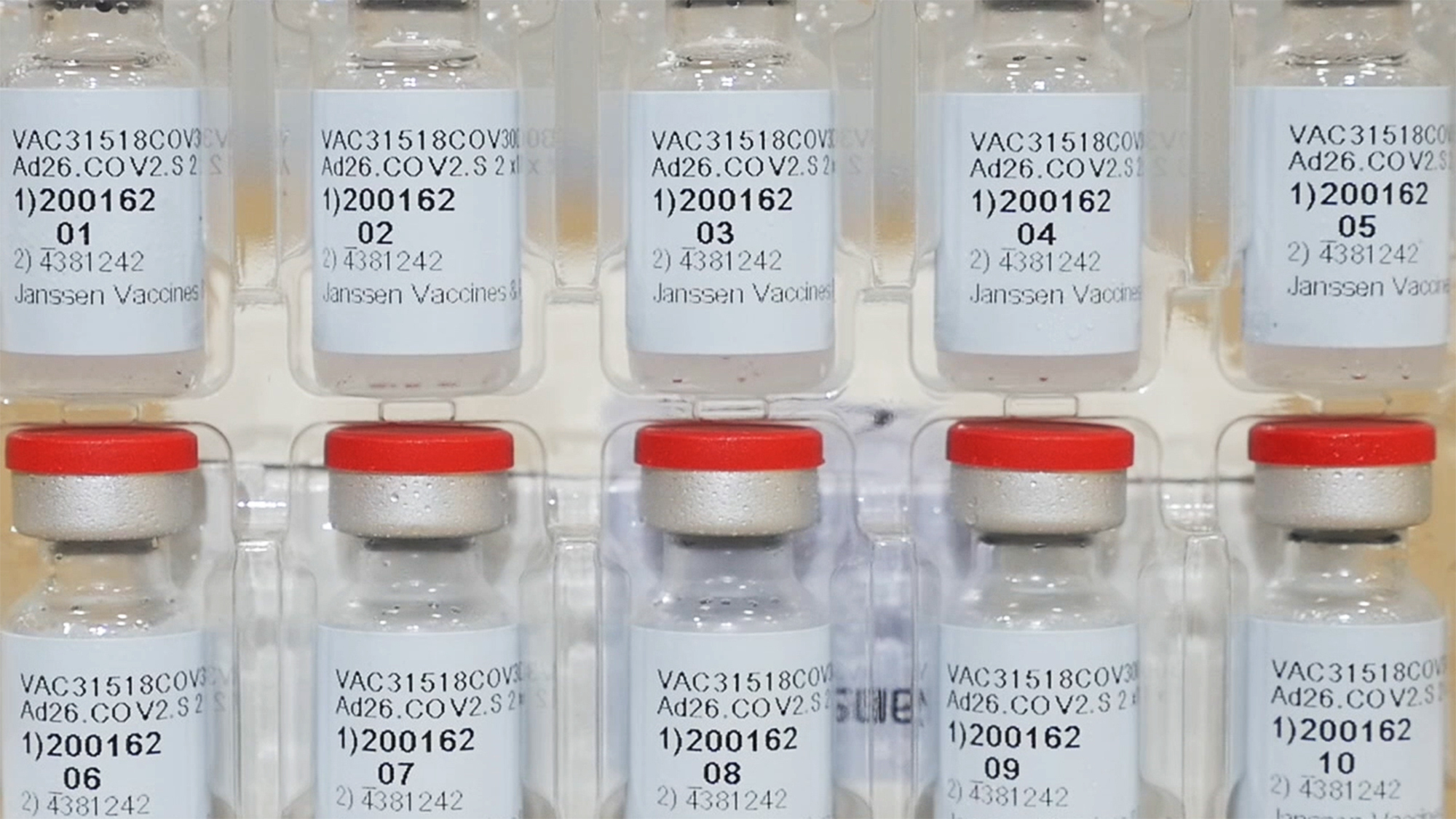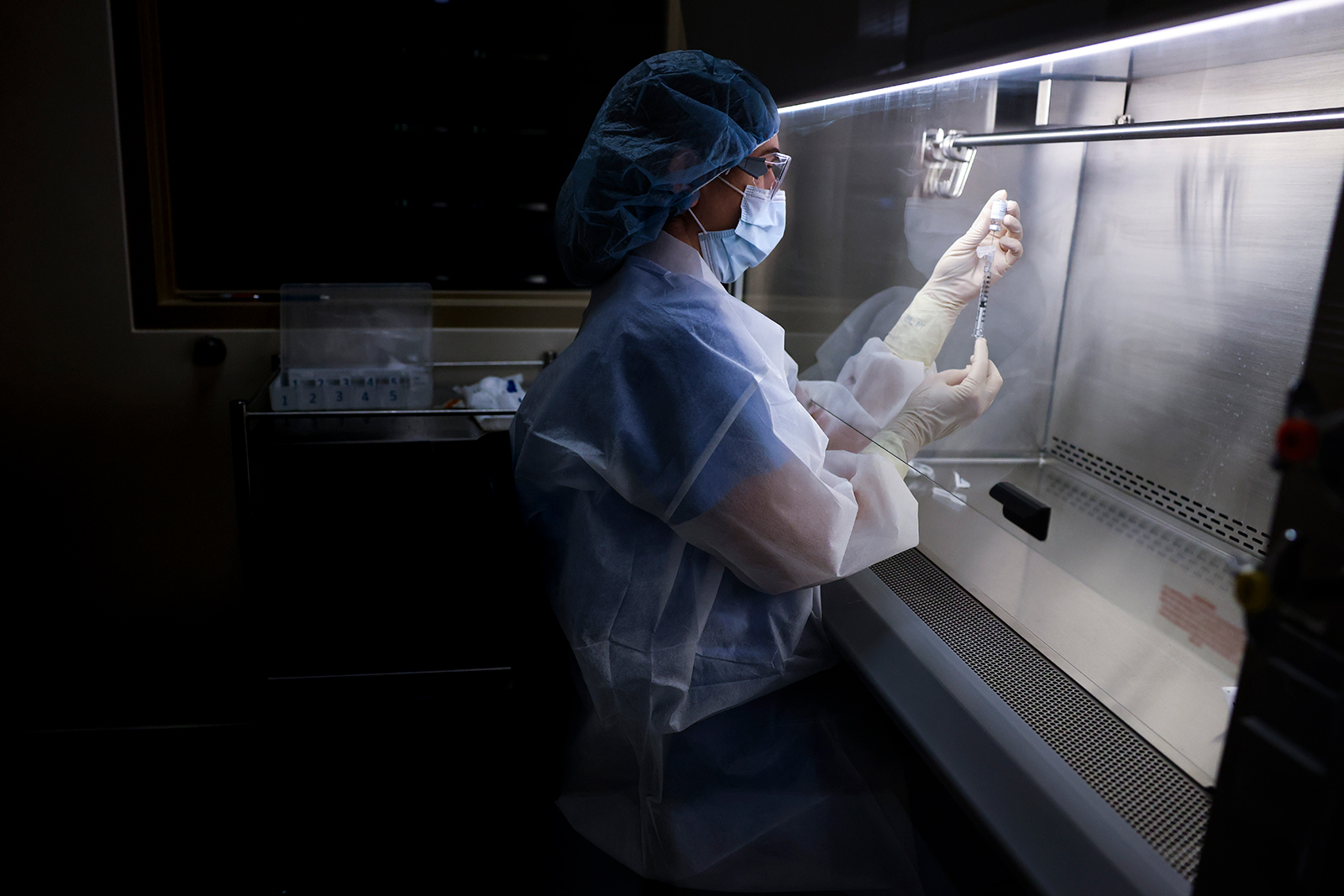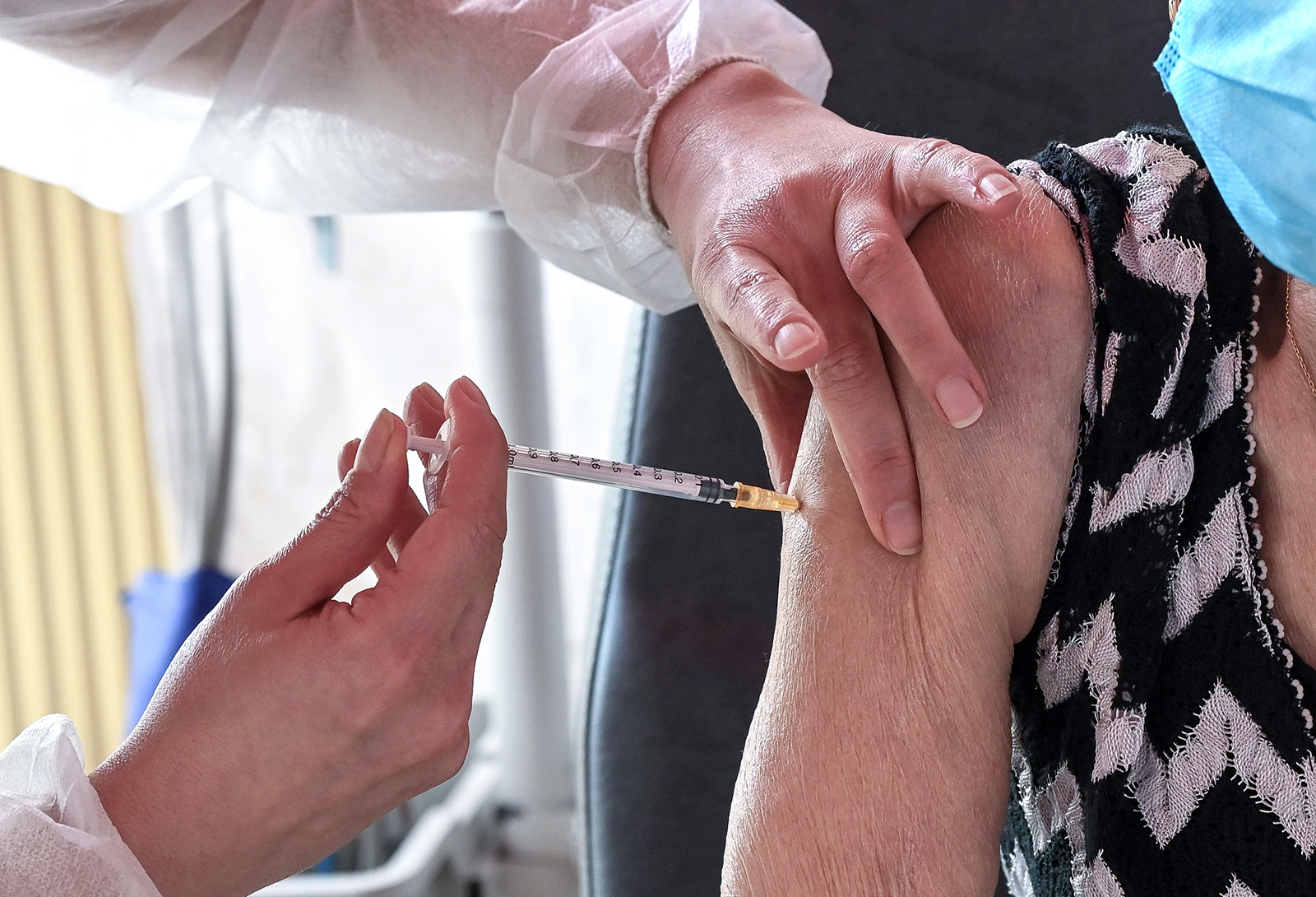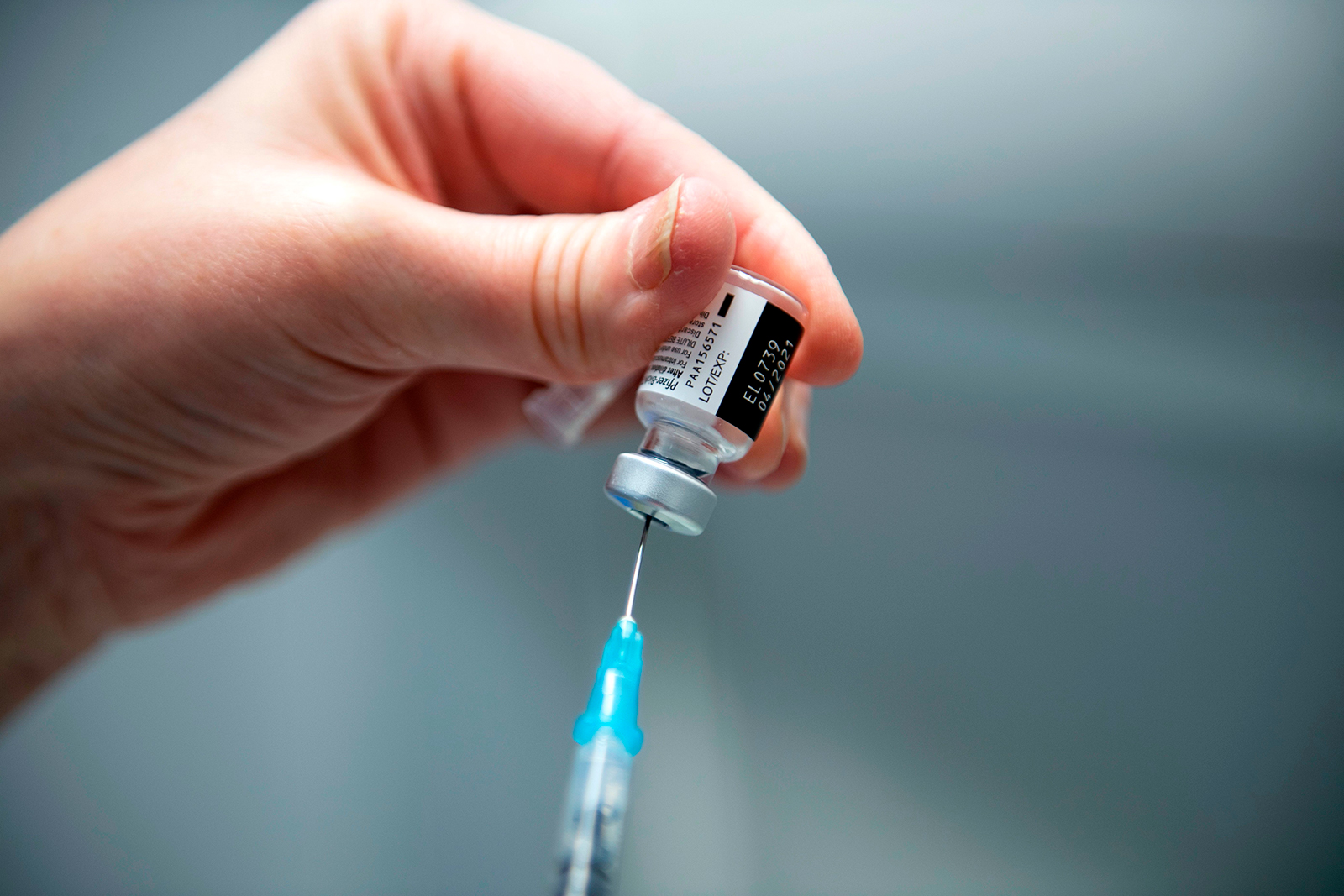
Johnson & Johnson's single-shot coronavirus vaccine appears to be safe, according to a 62-page briefing document released by the US Food and Drug Administration on Wednesday.
An analysis of safety data through January – which included more than 40,000 adults – "supported a favorable safety profile with no specific safety concerns identified that would preclude issuance of an EUA," the FDA noted in the document.
The FDA advisory committee noted in the briefing document that the most common side effects associated with the vaccine were pain at the injection site, headache, fatigue and muscle pain.
There appeared to be more incidents related to blood clotting and ringing in the ears among those who received the vaccine compared with those who didn't, but the FDA notes, "Data at this time are insufficient to determine a causal relationship between these events and the vaccine."
Overall, non-fatal serious adverse events were infrequent, according to the briefing document, and there were no reported cases of anaphylaxis following vaccination.
As of Feb. 5, there were seven Covid-19-related deaths in the placebo group and no Covid-19-related deaths in the vaccine group. Nineteen deaths total had been reported as of Jan. 22 – three among those who received the vaccine and 16 among those who received a placebo. Then from Jan. 22 to Feb. 5, according to the document, an additional six deaths occurred – two in the vaccine group and four in the placebo group.
Data on the vaccine will be discussed in a meeting of the FDA's Vaccines and Related Biological Products Advisory Committee on Friday. The committee will decide whether to recommend that the FDA issue an emergency use authorization, or EUA, for the Johnson & Johnson vaccine.




